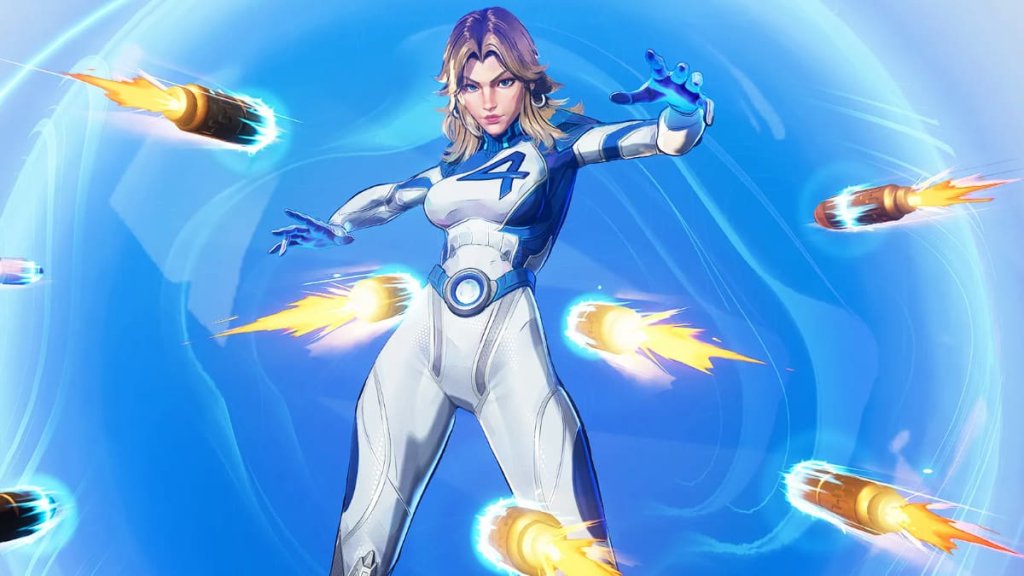
Government support is essential for esports growth
There is an ongoing trend over the past few years, characterized by lack of faith in governmental institutions and politics. The trend has spilled over into esports, as more and more opinions are shifted towards the complete absence of government oversight and regulation when it comes to esports.
There is a case to be made for this sentiment, especially if we consider the burden excessive regulation and oversight brings to this growing industry. However, there is certain scenarios in which governmental help is essential for the growth of esports.

© Intel Extreme Masters
The case for government support in esports
Government support is vital for ensuring the continued growth of esports. In a global industry that features international competition as a highlight, national governments’ cooperation plays an essential role in esports’ future. Governments can recognize esports players as professional athletes, and the esports space as a professional industry. These circumstances would ease clarification of legal issues, most notably with work visas. Without a work visa, it is illegal for players to compete in international tournaments as professional athletes to win prize money and represent their teams.
Professional recognition from governments also helps to improve esports’ public standing. This recognition has a knock-on effect as better public perception improves esports’ acceptability as a hobby or a career and reassures investors or stakeholders.
Governments can also improve infrastructure to foster further growth of a local esports space. These projects often require investment and resources that would otherwise be difficult to achieve. An example is the Esports Stadium in Arlington, Virginia, a government-owned arena that costs 10 million USD.
Backing from government is essential for players
Without recognition from governments as professional athletes, esports players face many difficulties. International competition becomes difficult in countries that do not recognize esports as work visas become harder to acquire.
Tournament prize money also becomes more complicated, both in terms of providing and in terms of winning. Laws such as taxation on prize winnings can impact players’ livelihoods and their ability to profit from their competing careers. Other tax and health benefits also become unavailable to players if their government does not recognize them as professional athletes.
For countries with mandatory military service, the draft can severely harm a player’s professional career. Many esports players have only a few years of prime playing form and must seek to prosper as much as possible in that limited time.
Mandatory military service cuts into those years. Removal from the professional playing circuit can irreversibly impact a player’s ability to compete, oftentimes negatively. One particular example is South Korea. All male citizens are legally required to complete a currently 18-month mandatory military service.
The few exemptions to this law are individuals who have made significant contributions to the country. For athletes, gold medalists at the Olympic Games or the Asian Games may complete a four-week training course for their military service.
How does government aid help tournament organizers?
Besides the indirect benefits from government support of players, tournament organizers can also benefit from government involvement.
Cities and countries that provide direct sponsorship, organization, or hosting of esports tournaments significantly improve the local esports scene. It adds legitimacy, financial backing, and public interest to the industry.
An example is Katowice’s city council in Poland, which in 2018 voted in favor of an act that declared the city would “co-organize and promote” the Intel Extreme Masters (IEM) World Championship.
The city of Katowice had a deal with tournament organizer ESL initially from 2014 to 2019. Katowice would act as a host for ESL’s IEM World Championship. To retain the tournament, Katowice allocated 12.5 million PLN (3.38 million USD) towards IEM Katowice promotion.
Beyond immediate aid, governments can also positively influence esports tournaments with improved legality around healthy practices. This is especially the case surrounding betting in esports, which is mostly a legally grey area. In Europe, only the United Kingdom, Malta, Spain, Italy, and Denmark have definitive language on esports gambling and appropriate regulations.
With esports betting a significant sub-industry within the space, governments will need to capitalize on the positives while mitigating the negatives.
[cta id=2581 type=geo]Long term effects of government support in esports
Overall, government involvement in esports is likely to be inevitable. Esports market research site Newzoo estimated that the esports industry would value over 1 billion USD in 2020. An industry of that significance cannot go unaddressed by governments for long. The only question is when governments will become involved, and to what extent.
Some countries have already taken steps to encourage and develop the esports landscape. Notable among them are the United States of America, Russia, South Korea, China, and Germany. Others will be sure to follow.
Additional government regulations in esports carry a potential downside. The finicky, complicated business of politics can limit what is nominally a global, borderless space.
Organizations such as the NCAA in the United States are controversial in their impact on young players and developing an equal and fair competitive market. Governing bodies could negatively impact the esports image of equal opportunity. It is still overall a benefit for additional government support. A few questionable limitations and regulations are always preferable if the rest otherwise improve the scene’s security and growth.
Esports will continue to grow and prosper, with or without government involvement. Governments can only assist in the direction and influence on how the growth will happen. The sooner they get involved, the more they will be able to control the direction.
Read next: Is the OWL Overwatch giveaway a push to salvage viewership numbers?











